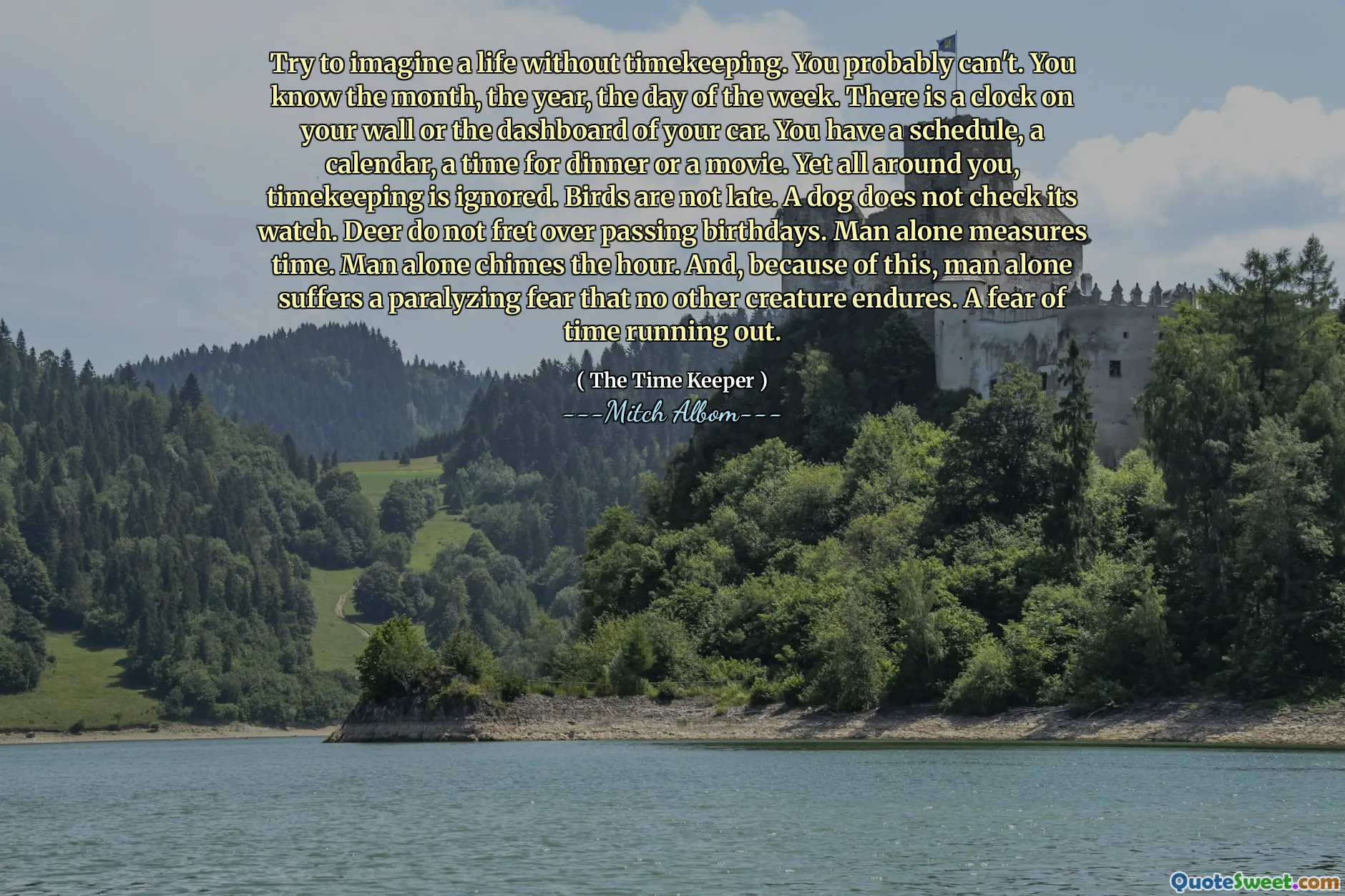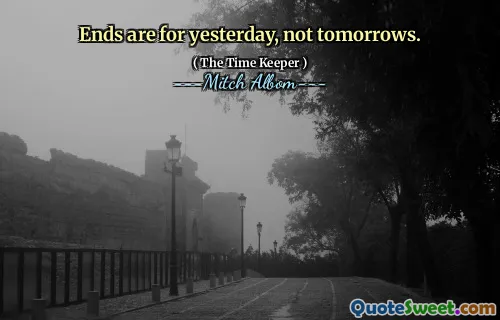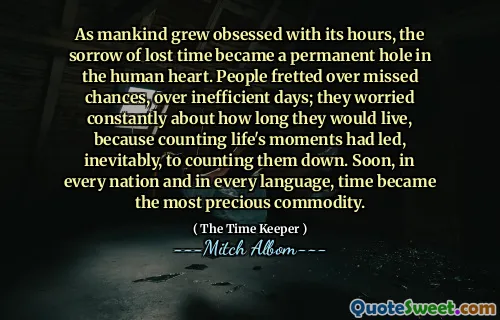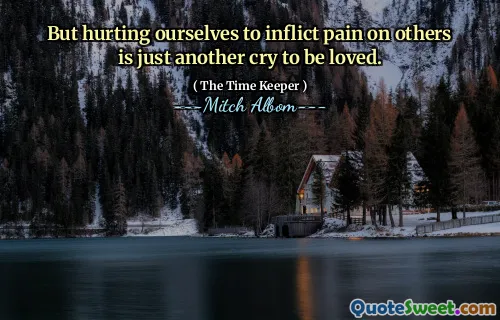
Try to imagine a life without timekeeping. You probably can't. You know the month, the year, the day of the week. There is a clock on your wall or the dashboard of your car. You have a schedule, a calendar, a time for dinner or a movie. Yet all around you, timekeeping is ignored. Birds are not late. A dog does not check its watch. Deer do not fret over passing birthdays. Man alone measures time. Man alone chimes the hour. And, because of this, man alone suffers a paralyzing fear that no other creature endures. A fear of time running out.
Timekeeping is an integral part of human life; we constantly track months, years, and days, relying on clocks and schedules for our daily activities. Unlike humans, animals do not concern themselves with time. They live in the moment, unaffected by the passage of days or the pressure of deadlines. This contrast highlights a unique aspect of humanity; our preoccupation with time shapes our lives significantly.
However, this focus on time also brings with it a profound anxiety. Humans are the only creatures that experience the dread of time slipping away, leading to a fear of mortality and the finite nature of existence. This fear of the clock ticking down is a burden we carry, making our relationship with time both a source of organization and a path to anxiety.











